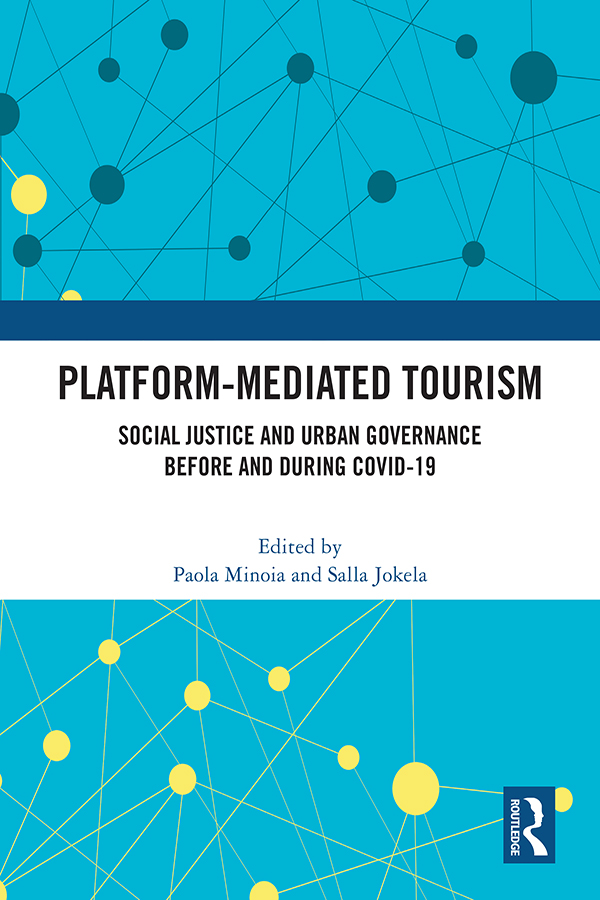This book presents theoretical and empirical perspectives on platform-mediated tourism, with a special focus on Airbnb. The case studies included in this volume show that the impacts of short-term renting on neighbourhoods, residents and tourism operators are uneven, but increasingly significant. During the past decade, digital platforms for short-term rental, transport, social dining etc., have enabled the development of a new generation of entrepreneurs in tourism and mobility. The mediation of services through digital platforms was initially presented as a form of a sharing economy led by non-professional providers, but it has grown into a new form of capitalist speculation. The inadequacy of existing legal frameworks in regulating platform-mediated activities has generated reactions by social movements, especially for the protection of housing rights. With the outbreak of Covid-19, the downfall in the mobility and tourism economy has revealed the acuteness of the structural crisis of cities and of labour based on platform-mediated activities. In Europe, networks of cities are taking action against platforms to regain their control over data that is needed to regulate platform-mediated tourism services, and the rights of residents in tourism cities. The authors in this edited volume explore issues of social justice in terms of residents’ quality of life, working conditions, the housing market, urban structure, the morality of operators who navigate through normative loopholes, and the responsibility issues of platform companies holding data on short-term rentals. The chapters in this book were originally published in the Journal of Sustainable Tourism.












